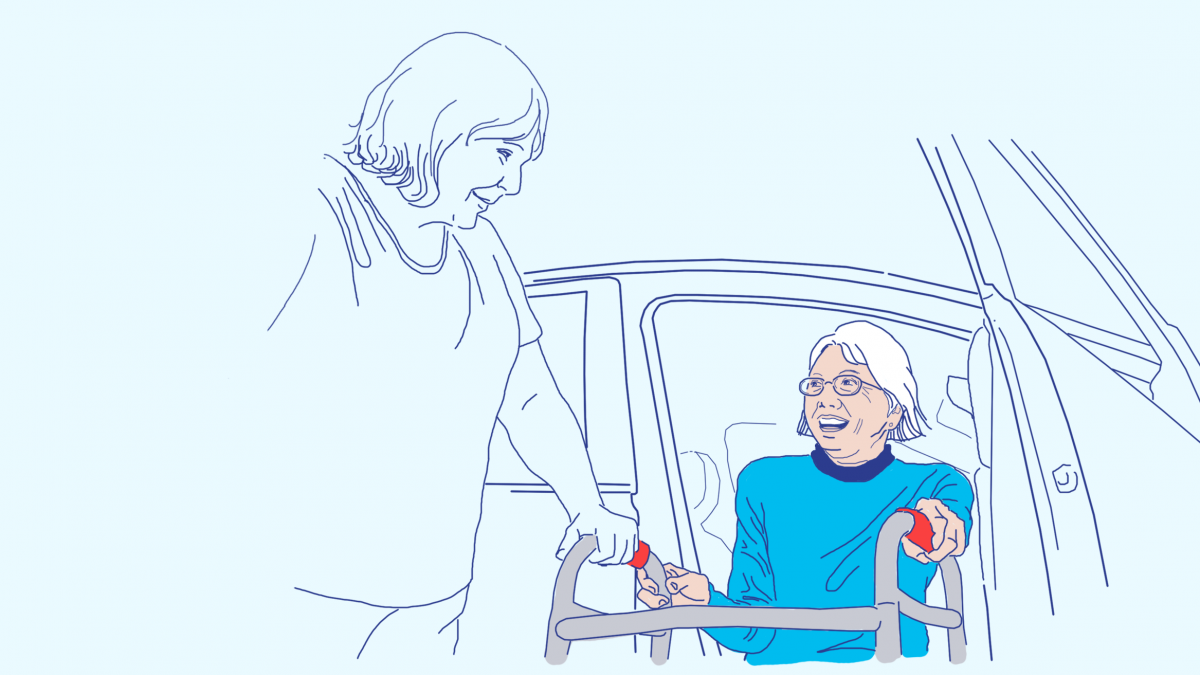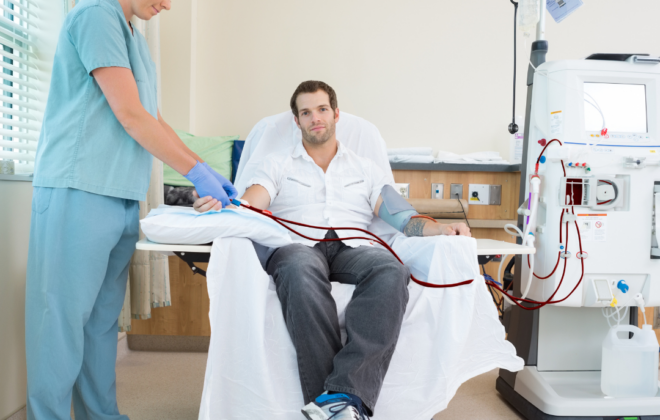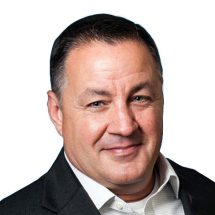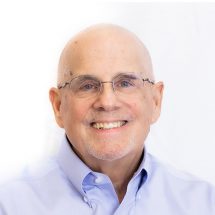A New Cure for Non-Emergency Medical Transportation
I heard an interesting comment the other day “you can provide the best care in the world, but it does no good if you can’t get to it”. After doing some research, I found out just how significant of an issue that lack of medical transportation really has become. In any given year:
- 7 Million Americans miss medical appointments each year due to transportation barriers
- 3 Million children skip a healthcare appointment each year due to unavailable transportation
- The lack of transportation is the third most commonly cited barrier to accessing health services for older adults (1)
The lack of transportation can negatively affect health outcomes and lead to higher costs of care. This issue has gotten the attention of major ride-share vendors such as Uber and Lyft and while both have entered the non-emergent medical transportation market, there are risks associated with using these vendors that are important to understand.
The healthcare field is highly regulated and besides ensuring that drivers pass comprehensive background checks, they need to be specially trained regarding the importance of patient privacy and HIPAA compliance. An untrained driver escorting a patient in a vehicle can easily break patient confidentiality by discussing the details of the patient’s medical condition. It’s also important that drivers enter into a Business Associate agreement in support of the HIPAA regulations.
Major ride-share vendors don’t understand the importance of complying with healthcare regulations. It takes a company that was built from the ground up to understand the unique needs of the healthcare industry to utilize drivers that are HIPPA trained and required to sign Business Associate agreements. Healthcare providers require vendors that are prepared to go the extra mile for their patients. Uber and Lyft may get you there, but companies like SendaRide get you there with the highest level of service and confidentiality possible.
(1)Non-Emergency Medical Transportation: A Vital Lifeline for a Healthy Community. NCSL’s Mobility Newsletter, January 2015, Volume 2: No1. (Updated)
Greg Meyers, Director, Strategic Growth for SendaRide
Recent Articles
- Dialysis Treatment and Transportation August 8, 2023
- Importance of Transportation for Hospital Systems April 17, 2023
- Background of PACE; why transportation is vital for PACE programs April 3, 2023
- Cancer Survivor Gives Back March 30, 2023















![Rachel Kern[8115] Rachel Kern[8115]](https://www.sendaride.com/wp-content/uploads/2019/06/Rachel-Kern8115-214x214.png)


























